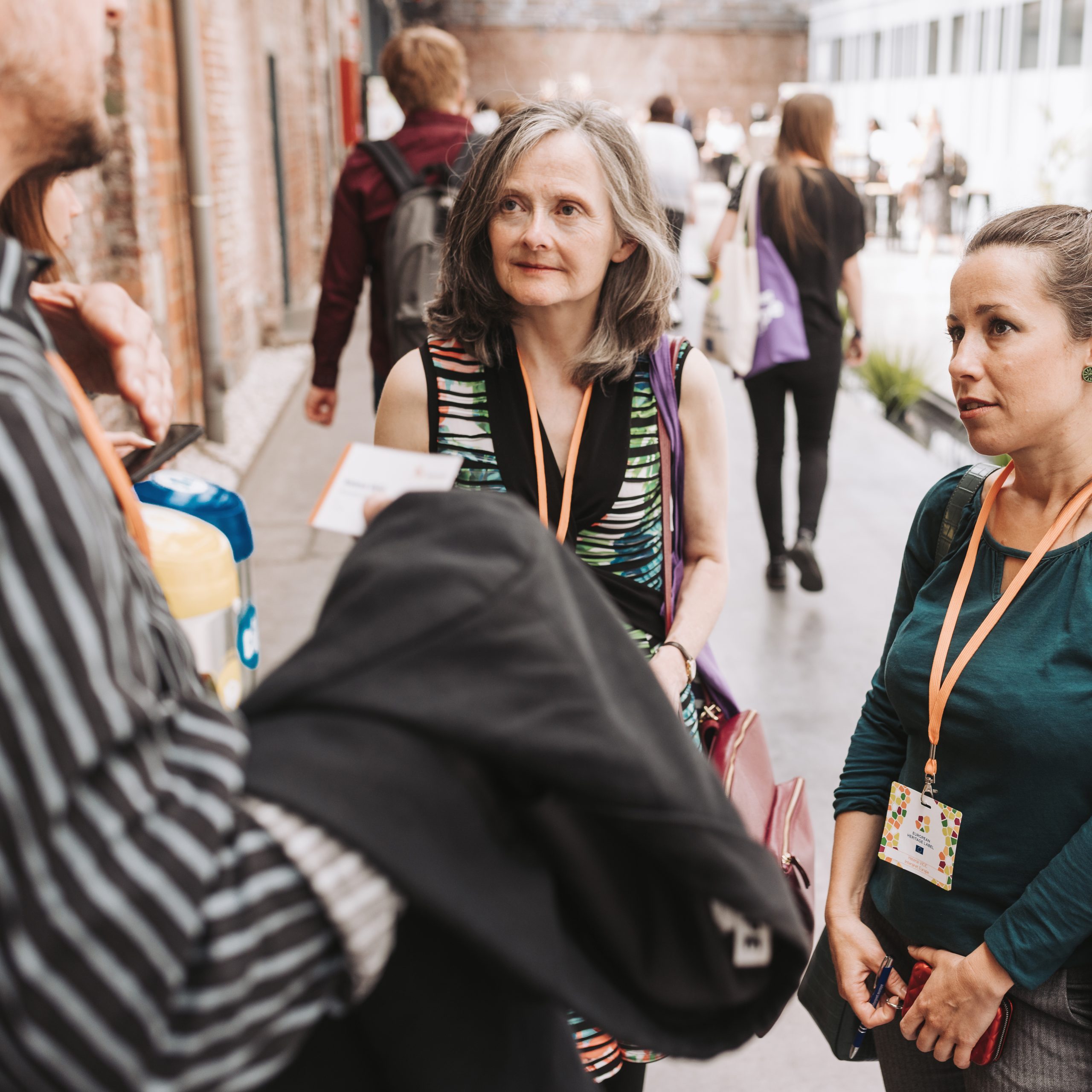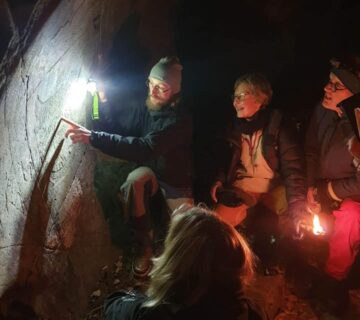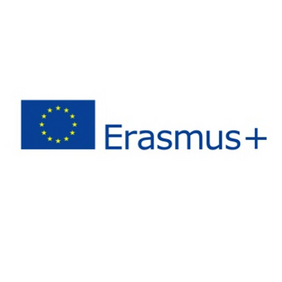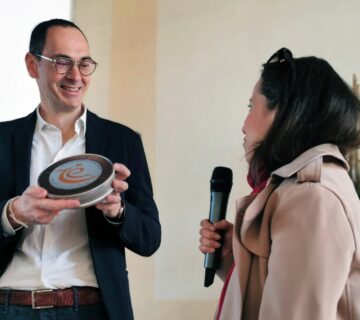Heard on Brussels’ stage: “Interpret Europe’s know-how can support heritage professionals connecting people with Europe’s heritage”.
Imagine your local heritage having something in common with other European countries and regions. Yes, whole human history is connected somehow, but if you think of Roman frontiers, Enlightment ideas, the search for independence, migrations, or technical achievements that connected the continent, there are heritage sites, where you can tell a small part of a big story of Europe. Moreover, if you can link this story to who we are today, what we have learned from the past and how we want to live in future, you have all the ingredients for an impactful contemporary heritage interpretation.
The question, Can European heritage connect citizens with the European Union project?, had been asked by the European Commission four years ago for the European Year of Cultural Heritage (EYCH). Interpret Europe had an answer, formulated by our former director, Thorsten Ludwig, and now encapsulated in the awarded publication, Engaging citizens with Europe’s cultural heritage, in which Thorsten described the theory underpinned with examples behind the claim in the paragraph above.
Interpret Europe has become acknowledged by European stakeholders as an organisation providing not only food for thought but also know-how. Helena Vičič, our current Managing Director, was invited to the European Heritage Label Award Ceremony in Brussels on 14 June to provide advice and ideas for European Heritage Label (EHL) sites. During a session about the development of the EU project, she discussed the EU’s founding values as a basis for interpretive services at EHL sites.
Interpret Europe’s goal is not only to support the awarded locations but to empower all heritage professionals to think what they can do for their communities in terms of our common future. How could we engage people from all walks of life to learn not only about heritage, but from heritage? Can we help people to become more mindful about societal and environmental problems and enthuse them towards action? Non-formal learning environments and tourist sites should use this opportunity to provide engaging and thought-provoking content with a higher purpose.
Meanwhile, the Education for Sustainable Development and Education for Global Citizenship principles have been incorporated into IE’s training programme, which was recognised by UNESCO, with whom IE currently partners on training for interpretive planning at World Heritage Sites.
European Heritage Labels (EHL) are milestones in the creation of today’s Europe. Representing European history from the dawn of civilisation to today, these sites celebrate European ideals, values, history and integration. The EHL action highlights sites that have played a significant role in the history, culture and development of the European Union through information and educational activities.
You can contact the News Team at: news@interpret-europe.net.




